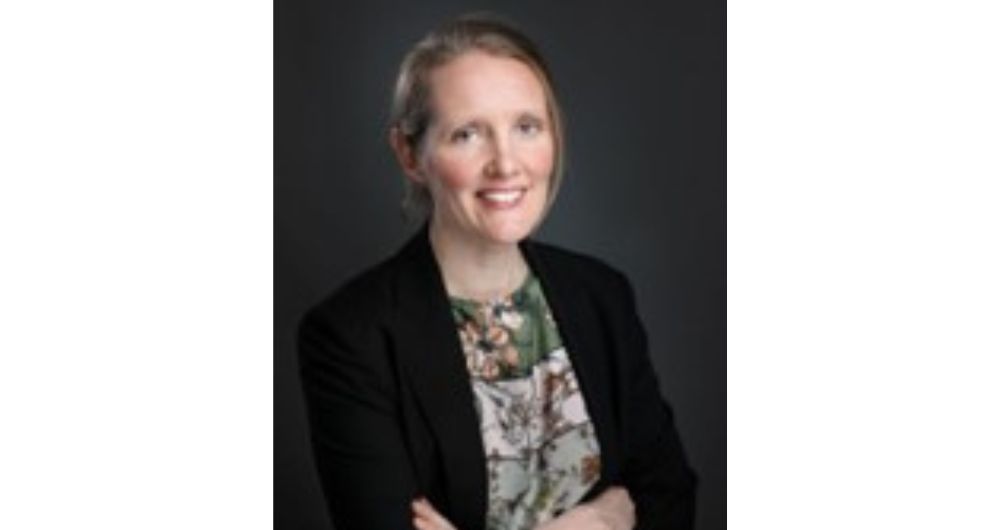
Dr Sheelagh Brady, Insight SFI Research Centre for Data Analytics | Dublin City University
What inspired you to pursue a career in research, and how did you get started in your field?
It was not by design, to be honest, rather a mix between opportunity and exposure to good people. While I was a member of An Garda Siochana, I was awarded the Gerry McCabe Scholarship to study for an MA in Criminal Justice at John Jay College in New York, and it was during that year that I became interested in research. In my field, I could see a real gap in the application of academic knowledge to operational policing and security. During the year at John Jay, I got to see some good examples of how this could be done better, and got to meet people that were doing it, or at least testing and exploring possible ways of doing it. That led me to study for an MSc in Crime Science in University College London, which put me on track for doing a PhD here at DCU. Through my research, I had hoped I could positively influence this gap, but never envisaged I would take a real-world problem and apply innovative learnings to create a commercially viable product. I suppose it illustrates the benefits of opportunity – getting the chance to put ideas on paper and then bring them to life, is, at least for me, something I will never take for granted. Research, and DCU to be fair, has given me that.
What advice would you give to other women who are just starting out in research?
I think my advice for women starting out in research, or to men at the same stage for that matter, would be made up of three elements.
● Firstly, find your area of interest. Too often I hear people explain why they are researching topics – it’s easy to get data, my supervisor gave me the topic, it’s the current/next big thing; its where the funding is, etc; but to me, and I appreciate some may say it’s a luxury, I would advise early-stage researchers to find their niche and develop that and their expertise in it. Research is not always fun, it is hard work and challenging, so the least we can try to do is to be highly motivated to do it – being interested is the first step in this direction.
● Secondly, at least for those who, similar to me, see themselves straddle both academia and operational interests, get out and see how your research impacts the real world, or if you are in the operational setting, start reading the literature and academic writings in the area. Engaging with both, I believe will make your research more relevant, and increase its impact.
● Thirdly, do not be afraid to reach out to people in the field you admire, or share a research interest with. I was never good at this, and I regret it now, because I realise many are only more than willing to give you their time, for guidance and/or direction. This also helps you find and create opportunity, and helps position you, so you are capable of maximising opportunities that do present.